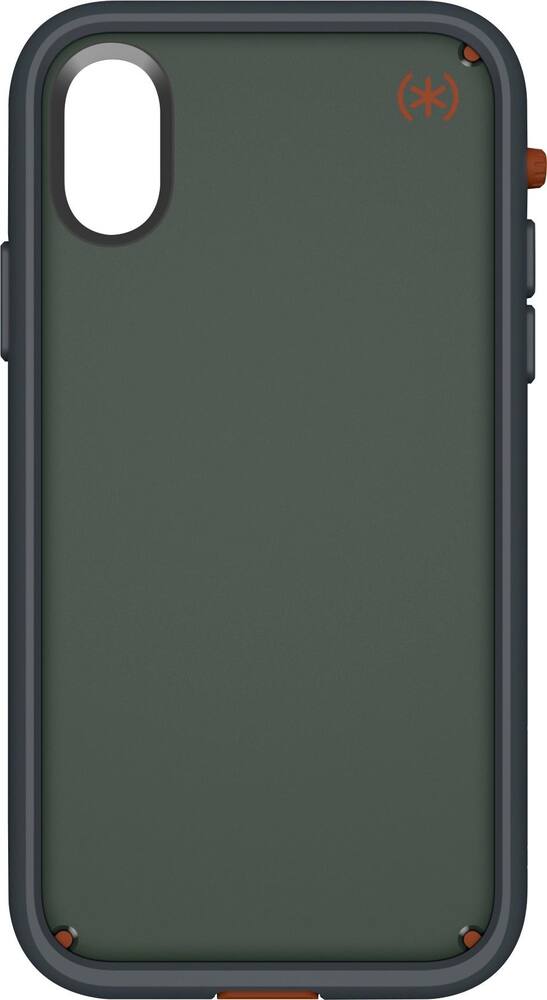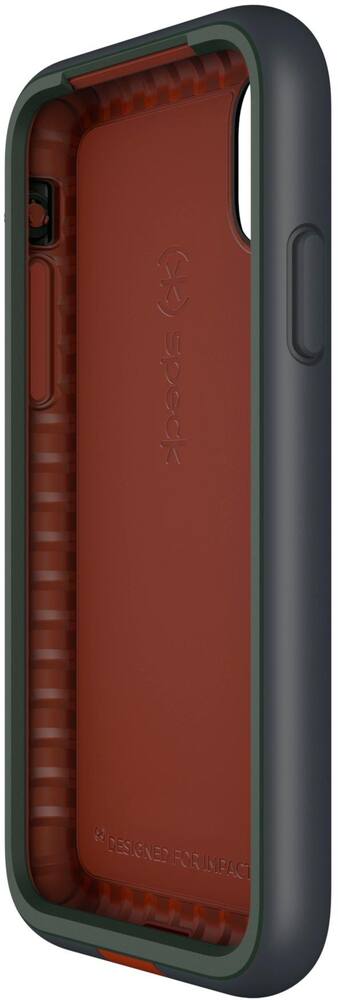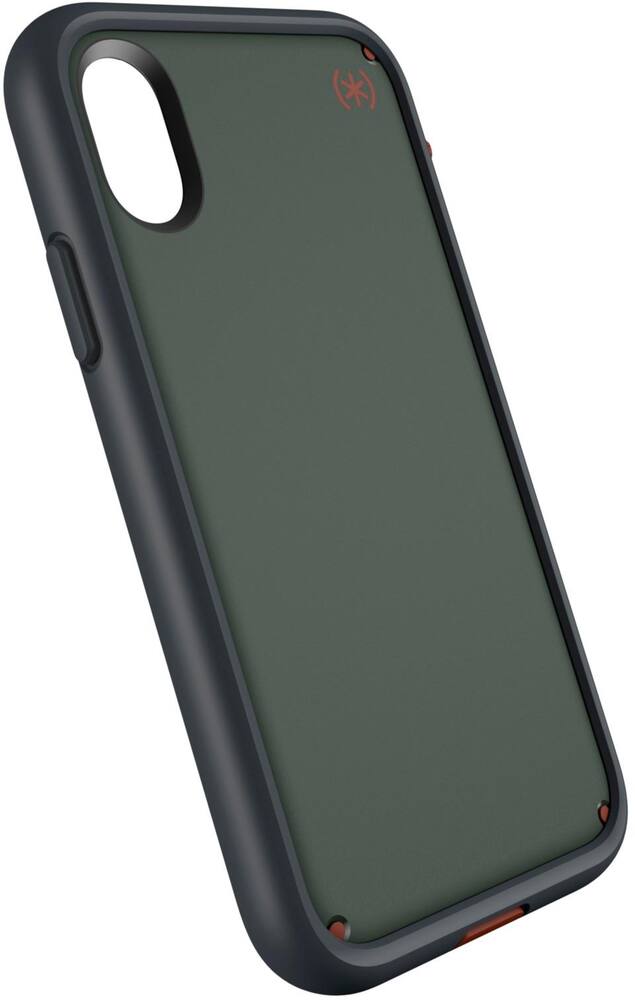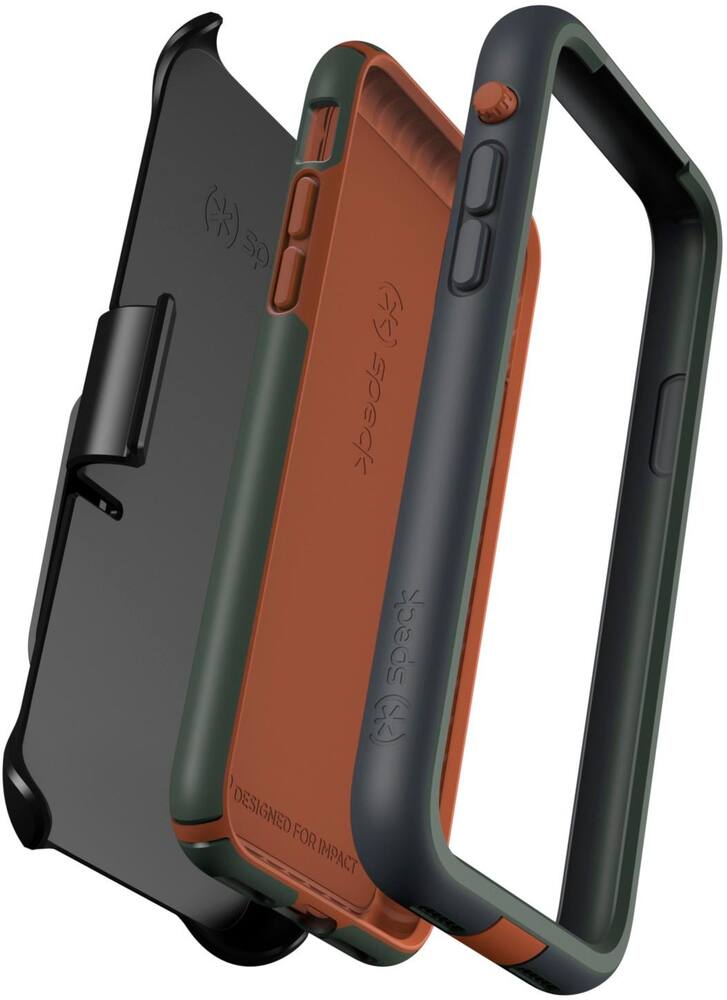presidio ultra case for apple iphone x and xs - terracotta/asphalt/field
SKU: EN-L10200









presidio ultra case for apple iphone x and xs - terracotta/asphalt/field
DoCoMo's high growth period in the late 1990s saw it increasing by 10 million users in only 18 months. But recent years have proven more challenging for the phone giant. It took more than six years to expand from 50 million subscribers to 60 million, reflecting market saturation. Total mobile subscribers in Japan number some 122 million. The subscriber base of DoCoMo, which has focused on Android phones, is roughly double that of both rival networks Softbank and KDDI, which offer increasingly popular iPhone models.
"We realized we were not good with communication," said Charles Ding, the senior-most Huawei executive based in the U.S., in an interview with CNET, "We didn't clarify who we are."As a result, Ding said, fear over Huawei's ties to the presidio ultra case for apple iphone x and xs - terracotta/asphalt/field Chinese government, and the potential security risk it poses, has dogged the company's ability to get big wins here in the U.S, The company was a virtual lock to win a piece of Sprint Nextel's network upgrade business less than two years ago before politics intervened..
Huawei is trying to calm those fears, and emphatically denies the notion that it is in bed with the Chinese military and government. Ding, a member of the company's joint committee of regions--a group of executives that serve as key figures throughout its global markets--moved to Washington, D.C., in August to help communicate the company's position to the public. Its most useful tool to gain public recognition: a slowly burgeoning mobile phone business steadily making its way up to the largest carriers. On the global scene, Huawei made a splash at Mobile World Congress in Barcelona last month, particularly with its boast of the world's fastest phone. It hopes to emulate that success in the U.S., but it is extremely slow-going.
Over the past year, the company has added a public relations and lobbying team, standard practice for any multinational company trying to do business in presidio ultra case for apple iphone x and xs - terracotta/asphalt/field the U.S, The company has been more willing to open up to reporters and analysts, and has been more transparent about its business, "We're more mature now," said William Plummer, vice president of external affairs for Huawei, Fanning the flames That's a far cry from a few years ago, when the company was reluctant to talk to the press and wasn't particularly transparent about its business, That opened Huawei up to the heightened political opposition it faced in its entry into the U.S..
Plummer said he believes Huawei's competitors "fanned the flames" of fear and, in some cases, "lit the match," ultimately torpedoing a multibillion dollar deal with Sprint. Sprint was so keen to use Huawei that it created a startup called Amerilink designed to ease regulator concerns over such a deal. Amerilink proved ineffectual. In late 2010, Sprint chose Ericsson, Alcatel-Lucent, and Samsung Electronics for its "Network Vision" infrastructure overhaul, which was pegged at the time to cost as much as $5 billion. Huawei, which had made some headway with smaller carriers, was shut out of a top-tier U.S. customer.